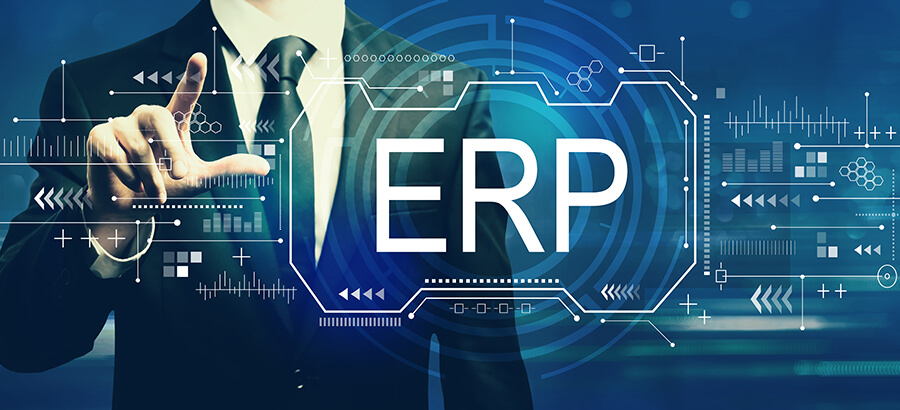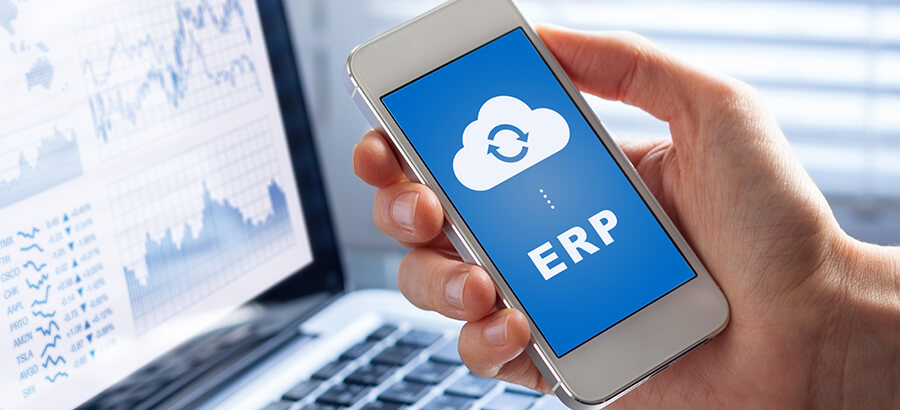Global manufacturing and distribution sectors are set to shift. Since the start of the pandemic, industries have had to face increasing pressures, from supply chain disruptions to a shortage of business system accessibility and a lack of worker availability. While the ongoing struggle for raw materials continued under national lockdowns, the pandemic also acted as a catalyst for Industry reinvention. A good example of this took place in South Africa. During the national lockdown, consumers became increasingly reluctant to go into stores and instead opted to shop online. In order to capitalize on this opportunity, a local beverage wholesaler sold its products directly to customers through a third-party e-commerce website. To have real-time visibility of their stock availability, the business integrated an API into their existing ERP system.
Month: October 2020
5 Things I’ve Learned About Managing Change for Digital Transformation Success
Big change is coming. Your new technology launch will unite systems from across the organization, on one streamlined platform. It will make workflows simpler, information more available, and save time for employees across the business. It will arm you with the latest digital capabilities and provide a competitive edge. But it comes screeching to a halt when that technology lands in the hands of employees who say, “No thanks – we prefer our old systems, and they work just fine!”
How COOs can Contribute to Software Selection and Deployment
The COO is at the center of business. While the role of the COO differs from organization to organization, it is the COO in conjunction with the Executive team that drive and build the necessary
foundations, structures, processes and strategies for an organization to be successful.
6 Questions Industrial Machinery Manufacturers Should Ask when Considering a New ERP System
Imagine if you toured someone else’s plant that uses much more primitive machinery than your own. I’m sure you would cringe at their manual processes and inefficiencies. You would be compelled to explain that there is a better way. In fact, they might be so used to doing it their way that they don’t even realize what else is possible.
How Malaysia Food Manufacturers can Avoid Leaving a Bad Taste in their Supply Chain
There have been a number of scary stories doing the rounds for years around unhygienic food conditions. From mass food poisonings at festivals to tofu being made in dirty back alley “factories” and even headlines of authorities withdrawing bottled water over bacteria concerns. There was even a notorious example of the scandal where needles were inserted into strawberries. While these examples sound just like urban myths, the reality is that food contamination and product recalls happen more often than most are aware of. The problem is that facing a product recall has the potential to cause long-term damage to organizational reputation for manufacturers and distributors, loss of sales, reputation penalties, and even fines and litigation.
How MOM and ERP can Help to Manage Manufacturing in the 21st Century
Manufacturing is changing
Manufacturers are under continuous pressure to produce high-quality products, cost-effectively, and in the time that customers demand. The degree to which a manufacturer satisfies customer expectations determines their success in the local and even global market. In order to maintain and grow the business, manufacturing decision-makers should consider an information management system that integrates business needs with the manufacturing process.
ERP: What is the Value to Your Manufacturing Business?
The definition of ERP
Before we define ERP, let us start with the acronym which stands for Enterprise Resource Planning. We can define ERP as enterprise software that helps organizations manage their day to day business requirements. At a fundamental level, ERP brings together customer management, human resources, business intelligence, financial management, inventory, and supply chain capabilities into one system.
Why Put your ERP in the Cloud
In 2020, organizations have become much more aware that applications can run in the cloud. It is no longer taken for granted that all your business software has to run on a server in your offices. The argument against cloud software that goes “if it’s not on-premise then I don’t have control over it” has been invalidated by the emergence of huge companies that run all their applications in the cloud (think Amazon, General Electric, United Airlines). If the ERP system you use as the backbone of your business can be migrated to the cloud, what do you need to justify making that move?








